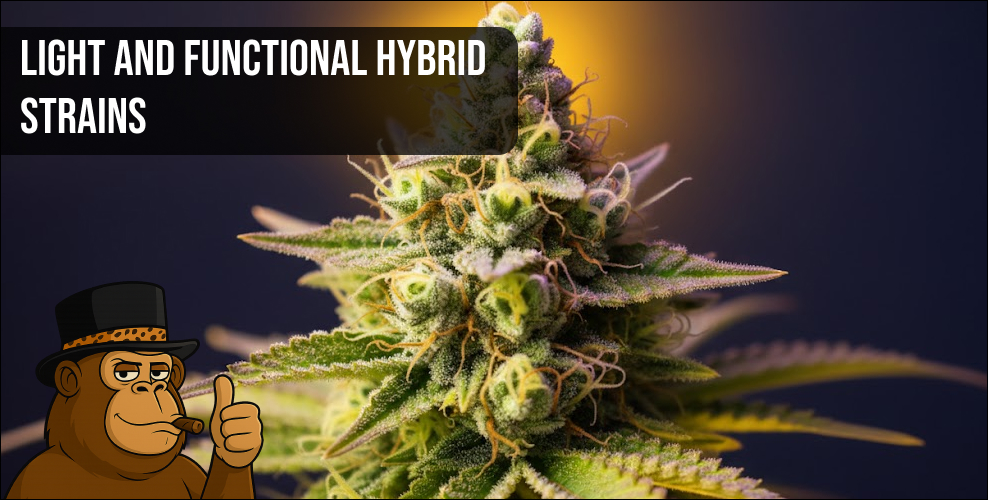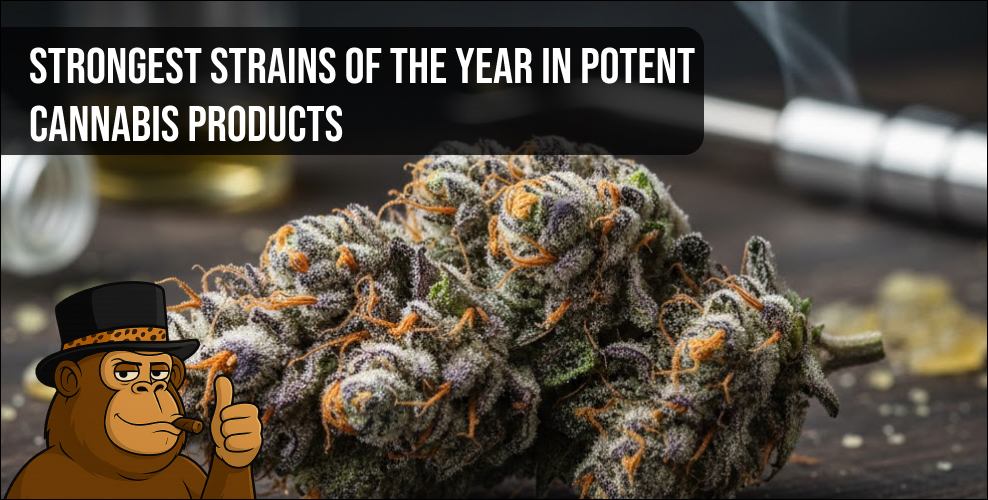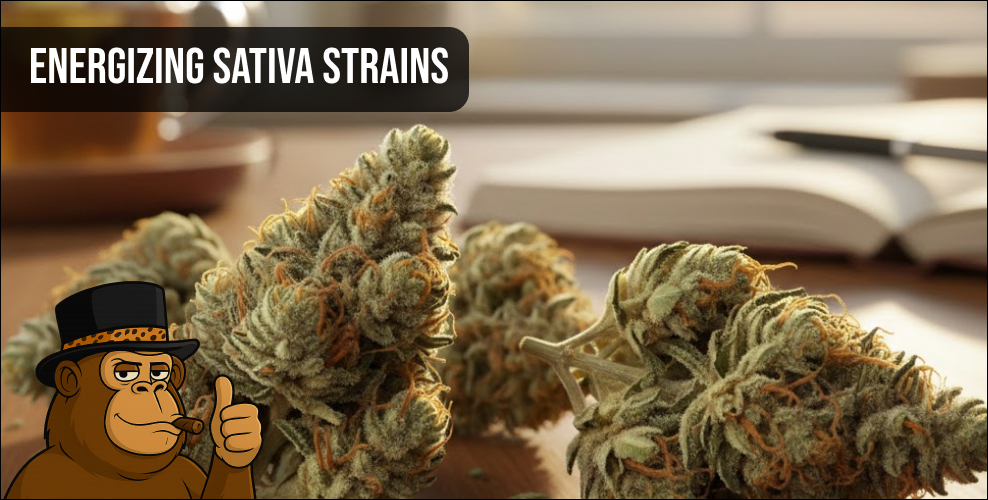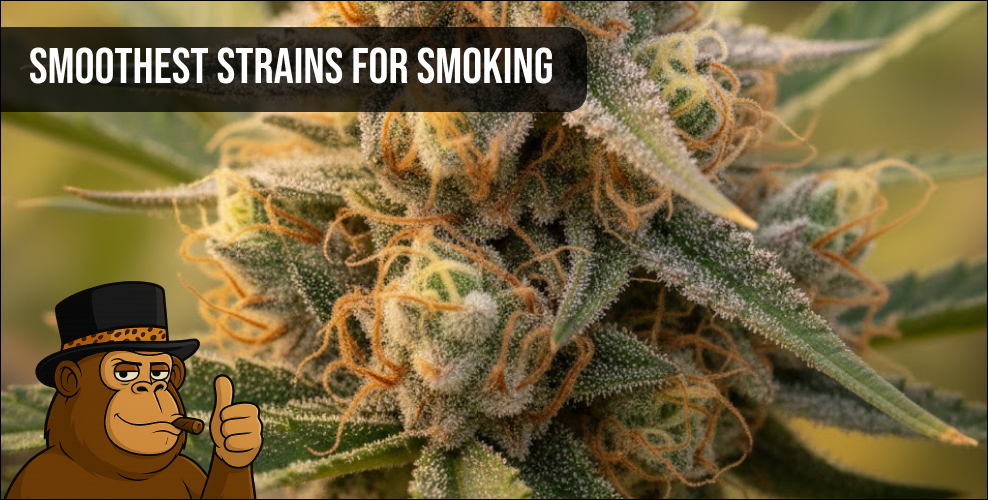Quitting Weed: How Long Does Weed Stay in System?

In an era where the legalization of marijuana is increasing across the globe, a growing number of individuals are confronting questions about its use, particularly concerning health, employment, and legal issues. A pivotal query that surfaces for those considering a break or permanent cessation from cannabis is, “How long does weed stay in system?”
- Ditch Weed vs. Cultivated Cannabis
- Unraveling the Mystery: What Triggers a Weed Hangover?
- Cannabis and Short-Term Memory: The effect of weed on the brain
The Basics of Cannabis Detection
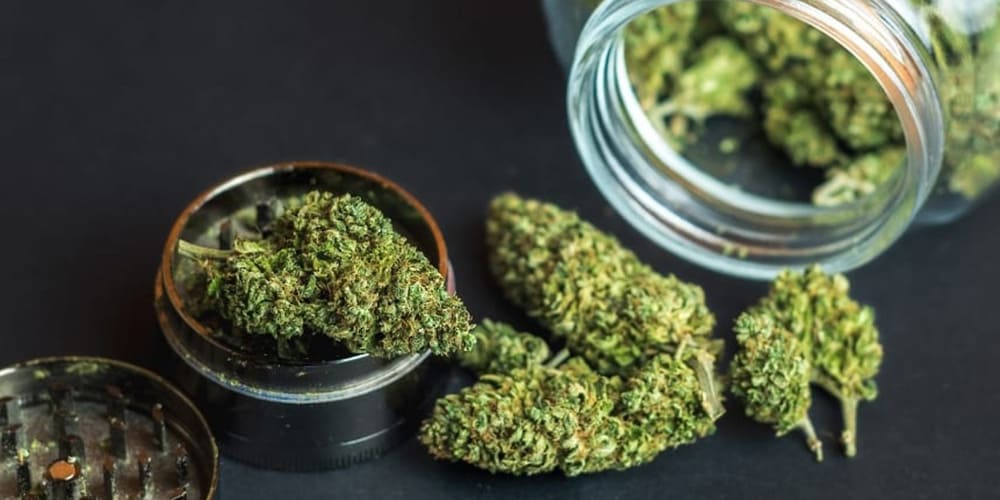
Cannabis, often referred to as weed, marijuana, or pot, has a significant and complex interaction with the human body, largely due to THC, its primary psychoactive component. This compound, and more specifically its metabolites byproducts of the body processing THC are the focus of drug tests. These metabolites can remain in the system long after the effects of THC have subsided, complicating the timeline for how long weed stays detectable.
The persistence of THC in the body is influenced by a variety of factors. Key among these are the user’s frequency of cannabis use, body fat percentage, and metabolic rate. These elements collectively determine the longevity of THC metabolites in the system, impacting how long weed remains traceable through drug testing.
Moreover, the type of drug test administered plays a crucial role in detecting THC metabolites. Whether it’s a urine, blood, hair, or saliva test, each has its sensitivity and detection window, further affecting the detectability of cannabis. This variability underscores the challenges in precisely determining how long weed stays in your system, making it a subject of interest for both users and researchers alike.
Embrace the refreshing APE Freeze 10 original mini joints, each 0.5 grams. An indica-dominant hybrid with cool mint and fruity tones, it energizes and uplifts, providing a smooth, cool smoke for a comfortable experience.
Factors Influencing Detection Times
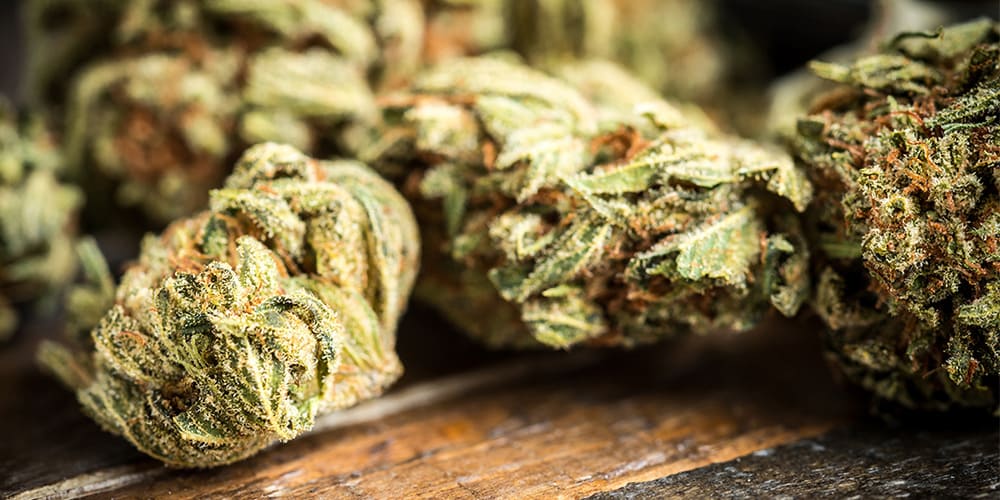
- Frequency of Use: One of the most significant factors determining how long weed stays in your system is how often you use it. Occasional users may find that THC is detectable for a shorter duration, typically a few days, while chronic users may see detection times extend to several weeks or even months.
- Body Composition: THC is lipophilic, meaning it binds to fats in the body. Individuals with higher body fat percentages may experience longer detection times due to the compound’s affinity for fat cells, where it can linger and be released slowly over time.
- Metabolism: A person’s metabolic rate also plays a crucial role. Those with faster metabolisms may process and eliminate THC more quickly than individuals with slower metabolic rates.
- Type of Drug Test: The method of testing is another critical factor. Urine tests are the most common and can detect THC metabolites for up to 30 days after cessation in frequent users. Blood tests have a shorter detection window, typically up to a week for regular users. Saliva tests and hair follicle tests offer varying detection windows, with hair tests capable of revealing drug use up to 90 days or more after the last use.
Enjoy the vibrant blend of Durban Poison and Cafe Racer Hash Hole Pre-Roll. Perfect for a balanced, stimulating experience, ideal for social events or creative moments.
The Detox Timeline: What to Expect
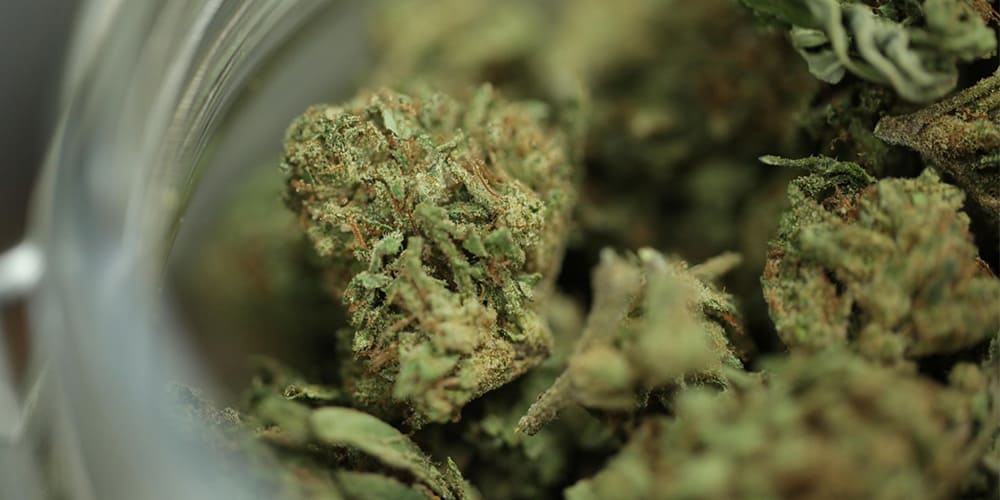
Quitting weed leads to a detoxification process, where the body works to eliminate the remaining THC and its metabolites. This process can be accompanied by withdrawal symptoms, including irritability, changes in appetite, mood swings, and sleep disturbances. The timeline for these symptoms and for clearing THC from your system varies widely among individuals.
- The First Week: The initial days are often the most challenging, with withdrawal symptoms peaking during this time. For occasional users, the body may clear THC metabolites within a week.
- Weeks Two to Four: For regular users, this period is crucial as the body continues to detoxify. Physical and psychological symptoms typically begin to subside, but THC can still be detectable in drug tests.
- Beyond a Month: Chronic users might still test positive for THC metabolites beyond a month. It’s during this time that lifestyle choices, such as exercise, hydration, and diet, can influence the speed of detoxification.
Experience the sweet, fruity power of Kool Aid Double Blunt. High in THC, it delivers an impactful, aromatic experience, perfect for those seeking strength and flavor.
Navigating the Path to Quitting
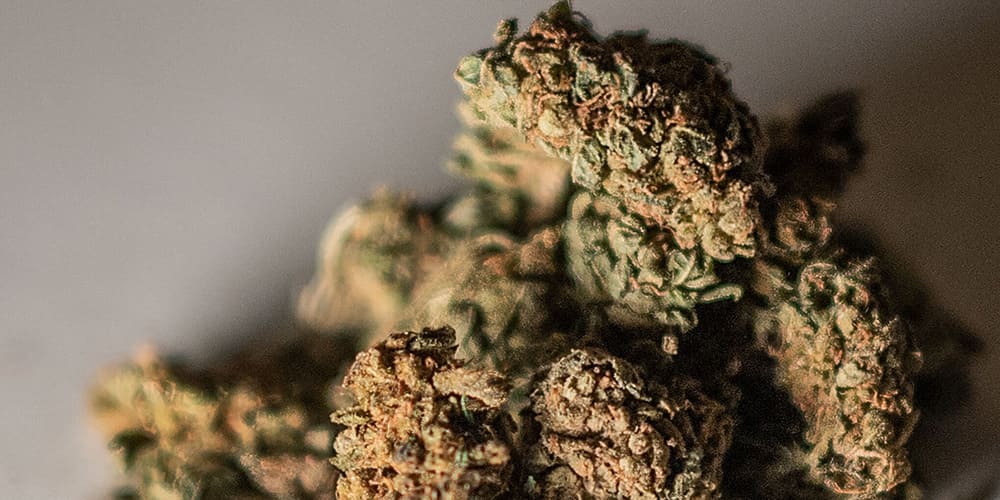
Quitting weed is a personal journey that requires understanding, patience, and often, support. Here are a few strategies to consider:
- Stay Hydrated: Water can help expedite the elimination of toxins.
- Exercise Regularly: Physical activity can boost metabolism and fat burning, aiding in the detox process.
- Eat a Healthy Diet: A balanced diet can support liver function and overall health during detox.
- Seek Support: Whether it’s friends, family, or a support group, having a network can make a significant difference.
The duration for which weed remains detectable in your system is a complex issue, shaped by individual usage patterns, biological factors, and the specifics of the testing method. For individuals contemplating quitting, it’s crucial to embrace patience throughout the process and to seek support as necessary. This journey is deeply personal and varies from one person to another, influenced by numerous variables including how frequently one uses cannabis, their metabolic rate, and body composition.
The question of how long weed stays in your system underscores the importance of informed decision-making in the context of cannabis use and cessation. With continued research and a shifting societal perspective, individuals are afforded clearer guidance and support in navigating their personal choices regarding cannabis. This evolving dialogue is essential for anyone considering a change in their cannabis consumption habits, providing the necessary insights and encouragement to take the steps that best suit their health and lifestyle goals.





